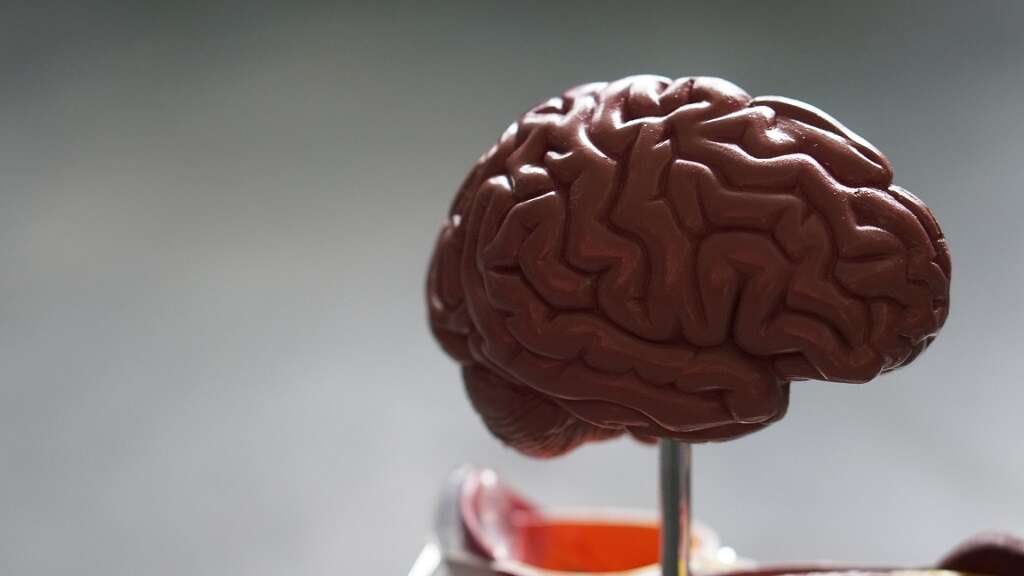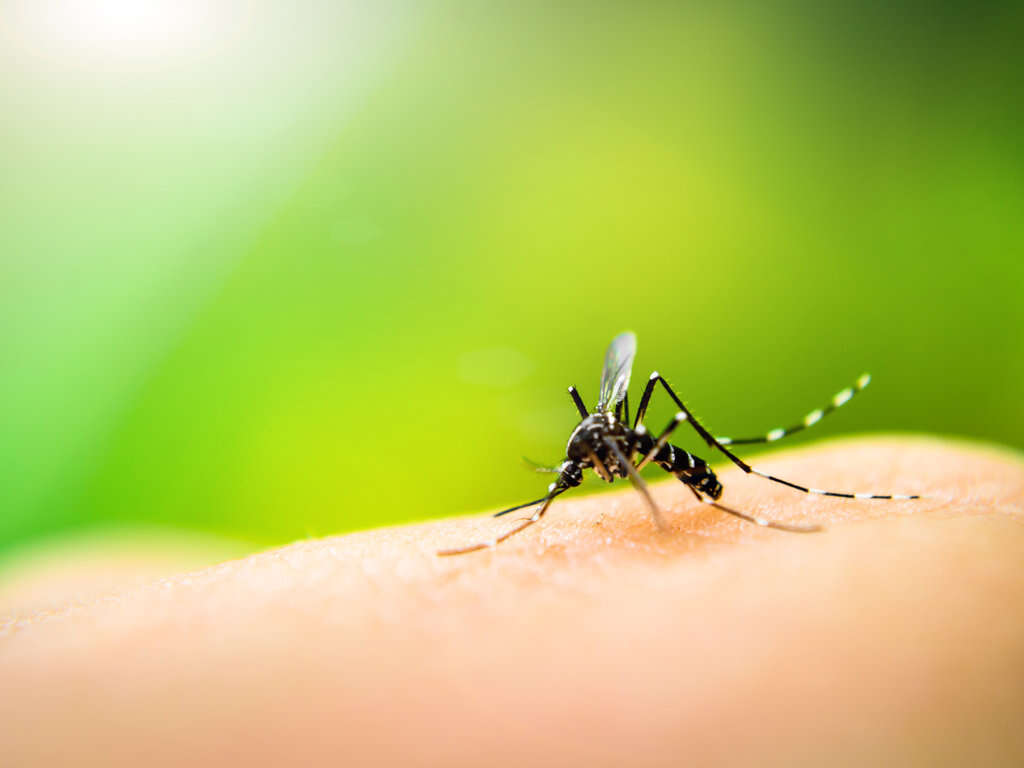GAPS Diet Benefits, Foods & More
 Article Sources
Article Sources
- 1. Kennedy, Madeline. 'What Is the GAPS Diet and Why One Expert Says She Wouldnt Recommend It under Any Circumstances.' Insider, Insider, 21 May 2020, www.insider.com/what-is-the-gaps-diet
- 2. 'GAPS Diet.' U.S. News & World Report, U.S. News & World Report, health.usnews.com/best-diet/gaps-diet
- 3. Campbell-McBride, Natasha. 'Gut and Psychology Syndrome.' Medinform Publishing, 2012
- 4. 'What Is the GAPS Diet?' Food Insight, 13 Jan. 2021, foodinsight.org/what-is-the-gaps-diet/
- 5. 'The Whole Truth about Whole Grains.' Mayo Clinic, Mayo Foundation for Medical Education and Research, 20 Aug. 2020, www.mayoclinic.org/healthy-lifestyle/nutrition-and-healthy-eating/in-depth/whole-grains/art-20047826
- 6. Powell, Bronwen et al. 'The determinants of dietary diversity and nutrition: ethnonutrition knowledge of local people in the East Usambara Mountains, Tanzania.' Journal of ethnobiology and ethnomedicine vol. 13,1 23. 27 Apr. 2017, doi:10.1186/s13002-017-0150-2
- 7. 'Does Eating Meat Increase My Cancer Risk? I Cancer Council NSW.' Cancer Council NSW, 18 May 2021, www.cancercouncil.com.au/cancer-prevention/diet-exercise/nutrition-and-diet/meat-and-cancer/
Invented by doctor and author Dr. Natasha Campbell-McBride MD, the GAPS diet aims to treat a condition called leaky gut, which Campbell-McBride presumes may be an underlying factor responsible for several conditions, including eczema, schizophrenia, asthma and autism. Campbell-McBride believes that this strict diet, which eliminates all grains, sugar, pasteurized dairy and starchy legumes and vegetables, can be useful in treating a number of these conditions.
While the GAPS diet has many vocal proponents who espouse its benefits, this diet is anecdotal, as it lacks research studies, with many nutritionists and dietary experts advising against the diet.1Kennedy, Madeline. ‘What Is the GAPS Diet and Why One Expert Says She Wouldnt Recommend It under Any Circumstances.’ Insider, Insider, 21 May 2020, www.insider.com/what-is-the-gaps-diet
Alleged Benefits
The GAPS diet aims to help manage autism and other brain conditions, as well as leaky gut, which Dr. Campbell McBride believes is the root cause of many medical conditions.
The body's gut flora and digestive system play an important role in digestion, the immune system, blood sugar levels and brain and heart health. The jury is out on whether GAPS diet's strict regimen aims to promote healthy gut flora. This diet probably helps because it encourages the consumption of probiotic rich foods and supplements. However, the diet poses a tremendous lifestyle change to anyone who undertakes it over the long term.3Campbell-McBride, Natasha. ‘Gut and Psychology Syndrome.’ Medinform Publishing, 2012
Diet Theory
GAPS stands for "gut and psychology syndrome," which is Dr. Campbell-McBride's theory that the digestive system plays a key role in the brain's health and any subsequent mental health ailments that may occur.
The first step in the GAPS diet is to eliminate many foods that are detrimental to the digestive system. The second step is maintenance followed by the third step, when many foods are slowly reintroduced into the diet .2‘GAPS Diet.’ U.S. News & World Report, U.S. News & World Report, health.usnews.com/best-diet/gaps-diet

Foods Eaten in the GAPS Diet
Foods eaten as part of the GAPS diet might be considered restrictive compared to the average diet. Mostly consisting of bone broths, vegetables, fruits, eggs, meat, shellfish, nuts, olive and coconut oils, herbs and spices, the basic diet aims to eliminate foods that the diet's inventor believes to be difficult to digest.
Because of the diet's strict exclusion of many foods, food preparation is a much more difficult process for those following the GAPS diet, which on average lasts from 1.5 to 2 years.4‘What Is the GAPS Diet?’ Food Insight, 13 Jan. 2021, foodinsight.org/what-is-the-gaps-diet/
Foods to Be Avoided in the GAPS Diet
The foods to avoid by those on the GAPS diet are considered difficult for the body to process. Campbell-McBride believes these foods can lead to imbalances of the gut's flora and promote inflammation and leaky gut. Leaky gut syndrome is a condition characterized by increased permeability in the gut. It enables toxins and bacteria from food to enter the bloodstream.
All grains are to be avoided alongside starchy vegetables, pasteurized dairy and refined sugars. All processed foods and canned foods are also off the list.

Are These Foods Worth Avoiding?
The claim that starchy vegetables, such as potatoes, and fast foods can have a negative effect on the digestive system when consumed in excess has some scientific merit, but there are no scientific studies to back up the claims that eliminating them from one's diet will do anything to improve gut health.
The same can be said for all the foods that the GAPS diet restricts, especially whole grains, which have many positive health effects when eaten in moderation.5‘The Whole Truth about Whole Grains.’ Mayo Clinic, Mayo Foundation for Medical Education and Research, 20 Aug. 2020, www.mayoclinic.org/healthy-lifestyle/nutrition-and-healthy-eating/in-depth/whole-grains/art-20047826
Possible Dangers of the GAPS Diet
There are few obvious dangers of the GAPS diet, such as a lack of variety, which can negatively impact a person's health and cause malnutrition. However, the supplements recommended along with this diet, including probiotics, omega-3 fatty acids, and digestive enzymes, aim to reduce the risk of nutrient deficiencies.
People need to eat a balanced diet to stay healthy. This is difficult to do when eliminating entire food groups, such as grains and starchy vegetables.6Powell, Bronwen et al. ‘The determinants of dietary diversity and nutrition: ethnonutrition knowledge of local people in the East Usambara Mountains, Tanzania.’ Journal of ethnobiology and ethnomedicine vol. 13,1 23. 27 Apr. 2017, doi:10.1186/s13002-017-0150-2

Further Risks of the GAPS Diet
Avoiding a balanced diet can have several negative consequences on the body. Lack of minerals, such as calcium from milk, cheese and other dairy products, could potentially lead to weaker bones or even conditions such as osteoporosis.
Red meat, which is one of the few foods the diet allows, should not be consumed in excess because it may increase the risk of heart disease, coronary artery disease and cancer.7‘Does Eating Meat Increase My Cancer Risk? I Cancer Council NSW.’ Cancer Council NSW, 18 May 2021, www.cancercouncil.com.au/cancer-prevention/diet-exercise/nutrition-and-diet/meat-and-cancer/Lean meats, fish and eggs should be consumed more often than red meat.
Similar Diets
Several diets similar to the GAPS diet, such as paleo, offer comparable results for what are very basic dietary changes. However, some of these diets have more scientific backing behind them than the GAPS diet. The ketogenic diet and the specific carbohydrate diet have been researched in clinical trials for autism and other health conditions.
However, there are no other mainstream diets claiming to treat autism by eliminating corn and other grains.

Who is the GAPS Diet For?
The GAPS diet has a long list of conditions it claims to be able to treat. However, many people drop out of the diet after a few weeks or months due to its strictness. There are no well designed research studies on the GAPS diet, so its effects are unknown at this time.
The founder claims her diet is able to help manage autism, schizophrenia, ADD and ADHD, bipolar disorder, depression, dyslexia, extreme clumsiness, eating disorders, allergies, asthma, obsessive-compulsive disorder and autoimmune diseases.3Campbell-McBride, Natasha. ‘Gut and Psychology Syndrome.’ Medinform Publishing, 2012
The GAPS Diet and Autism
Autism is a complex condition in the medical community. While many scientists have proposed ways to treat or cure the disorder, none of the methods have been successful.
Most scientists recommend that parents find ways to work with their autistic children to improve their quality of life through various therapeutic methods. Although scientific studies are looking into special diets for autism, more research is needed. Eliminating, or at least reducing, processed foods is a good idea for everyone who wants to improve their health.










